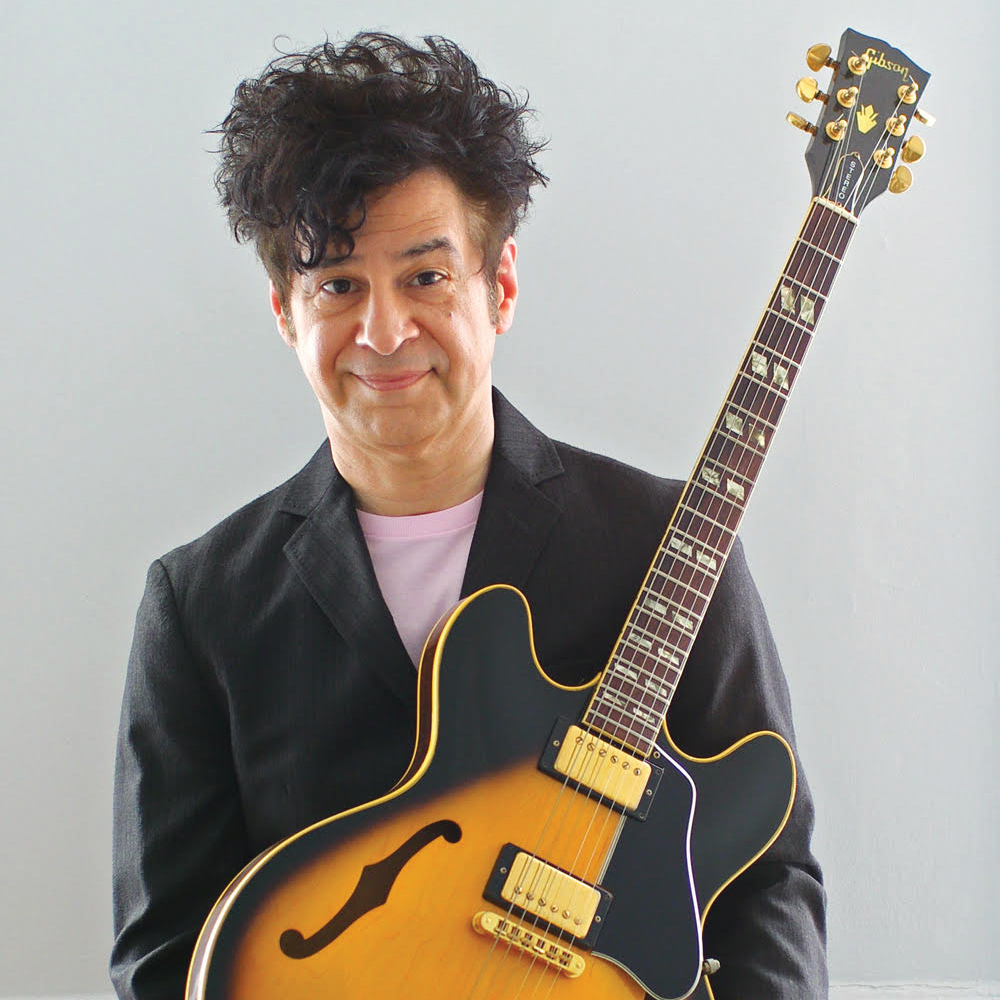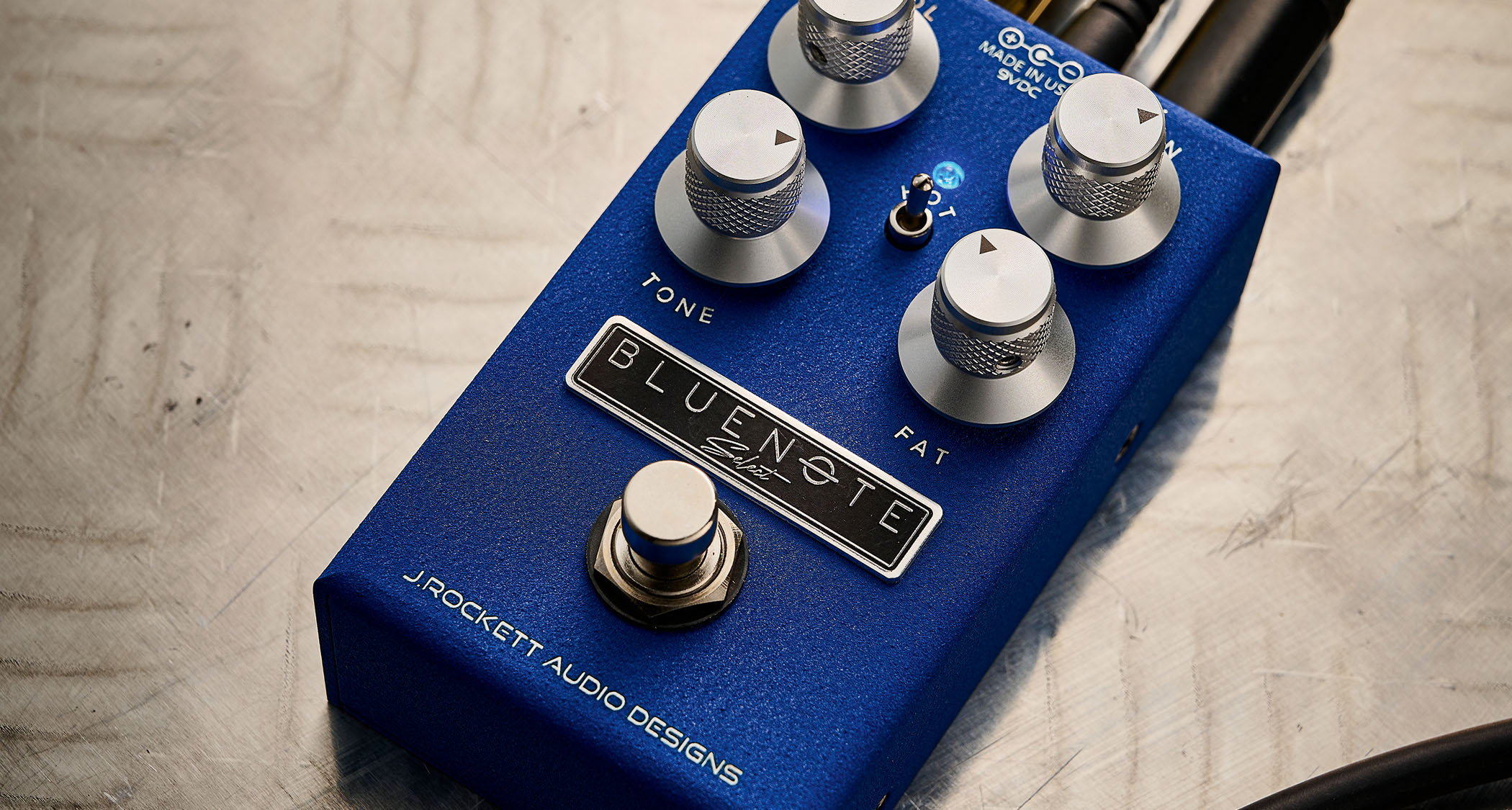Jethro Tull’s Ian Anderson Recalls Beating Metallica for ‘Best Metal’ Grammy Award

It’s been 28 years since Jethro Tull beat out Metallica in one of the greatest upsets in award show history.
And Tull frontman Ian Anderson can remember it like it was yesterday. “Clearly, it was a very unpopular win,” he tells EonMusic.
In a new interview with the site, Anderson recalls how his group’s album Crest of a Knave shockingly went on to beat out Metallica’s …And Justice for All for a Grammy win at the 31st Annual Grammy Awards.
Held in February 1989, the 31st annual awards were the first time the National Academy of Recording Arts and Sciences recognized artists in metal. Rather than give the genre its own category, NARAS lumped it in with hard rock and created the new category Best Hard Rock/Metal Performance Vocal or Instrumental.
For its debut run, the category included nominations for AC/DC’s Blow Up Your Video, “Cold Metal” by Iggy Pop (from the album Instinct), Nothing’s Shocking by Jane’s Addiction, and the Metallica and Jethro Tull albums.
Metallica were the clear favorites to win. …And Justice for All, their fourth album, had been both a commercial and critical success. Jethro Tull, whose flute-driven folk prog-rock made them neither a hard rock nor a metal group, were apparently shoehorned into the new category because no other seemed to fit. To be fair, Crest of a Knave is among the hardest-rocking albums in the group’s catalog. For the first time in years, Anderson put longtime Tull guitarist Martin Barre to the fore, allowing him more room to flex his muscles. Crest of a Knave was both a critical and commercial success—the group’s first in a long time—and enjoyed some radio play with the album tracks “Steel Monkey” and “Said She Was a Dancer.”
Even so, no one, least of all Tull or their management, expected the group would win. They’d been told to stay in England rather than attend,.
Get The Pick Newsletter
All the latest guitar news, interviews, lessons, reviews, deals and more, direct to your inbox!
“We were nominated in that year strangely, in what was a new category,” Anderson says. “And whilst we knew that we could not be classed as ‘hard rock,’ let alone ‘metal’, it was a nomination that just seemed to sneak under the radar. The record company said they didn’t think it was really worth the expense of flying us over to Los Angeles because Metallica were favorites to win it, which suited me fine because we were working in the studio at that time.”
When award presenters Alice Cooper and Lita Ford announced Tull’s win, heavy booing could be heard among the applause.
Anderson recalls that Tull were in the studio when they got the news that they’d won. “A representative from Chrysalis Records called us and said: ‘Congratulations, you’ve won the Grammy!,’ and I’m not sure if we could hear the boos at that point, but clearly it was a very unpopular win.
“Poor Alice Cooper, being the presenter had to step to make a rather dubious acceptance speech on my behalf.”
As for NARAS, the organization subsequently separated the award into the categories Best Hard Rock Performance and Best Metal Performance. Metallica went on to win Best Metal Performance the following year for the …And Justice for All track “One.” When Metallica won the Grammy again in 1992 for their 1991 self-titled “Black” album, drummer Lars Ulrich accepted the award by saying, “We’ve gotta thank Jethro Tull for not putting out an album this year. And also, obviously, we’ve got to thank the Academy for giving Jethro Tull the award in 1989. Read between the lines: Know what I mean?”
Anderson knows, and he’s clearly tired of the infamy.
“It would be nice to be able to not talk about ‘Grammys’ full stop, and even more so, the American Rock and Roll Hall of Fame,” he says. (For the record, Tull has not been inducted in the Rock Hall.) “I mean, I find these really rather tedious; it’s America, I don’t come from America, I don’t play American music, I don’t belong in the Rock and Roll Hall of Fame, and the Grammy thing was just a one-off little moment where five thousand members of the National Academy of Recording Artists decided to award to Jethro Tull rather than Metallica.”
Christopher Scapelliti is editor-in-chief of Guitar Player magazine, the world’s longest-running guitar magazine, founded in 1967. In his extensive career, he has authored in-depth interviews with such guitarists as Pete Townshend, Slash, Billy Corgan, Jack White, Elvis Costello and Todd Rundgren, and audio professionals including Beatles engineers Geoff Emerick and Ken Scott. He is the co-author of Guitar Aficionado: The Collections: The Most Famous, Rare, and Valuable Guitars in the World, a founding editor of Guitar Aficionado magazine, and a former editor with Guitar World, Guitar for the Practicing Musician and Maximum Guitar. Apart from guitars, he maintains a collection of more than 30 vintage analog synthesizers.
“The guitar is the instrument of the people”: The IGF Summer School celebrates 30 years of levelling up guitar players with a bumper Bath event
These are the gear trends that will shape your guitar buying in 2025: we explored every inch of NAMM to discover what brands are plotting for the next 12 months – and how the guitar gear world at large is changing











